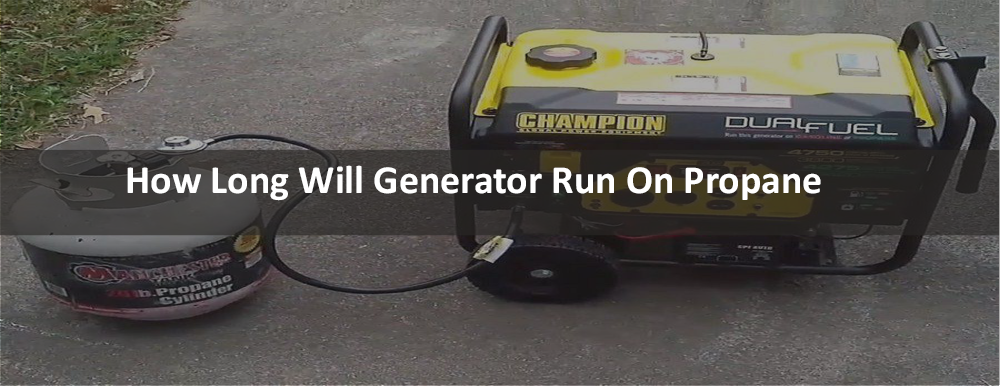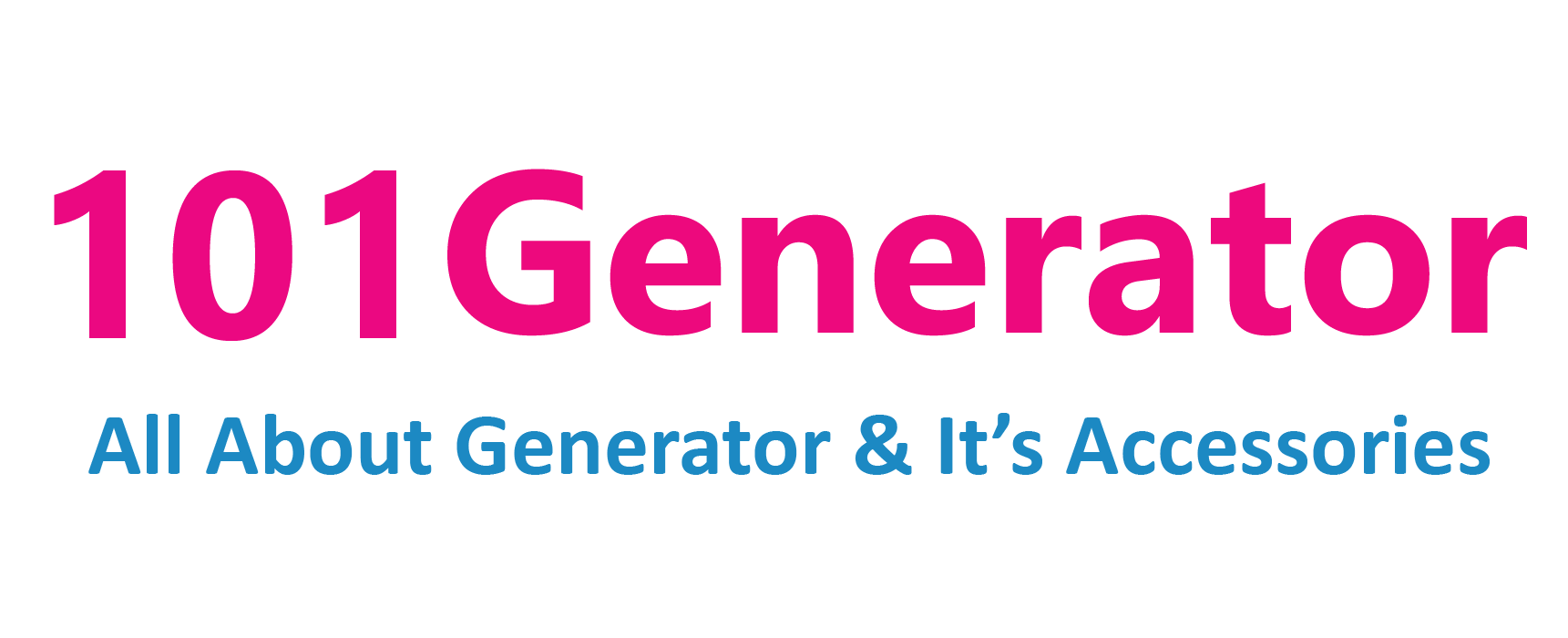Post Disclaimer
101 Generator is supported by its audience. When you purchase through links on our site, we may earn an affiliate commission. Learn more

How Long Will Generator Run On Propane
Generator power is the talk of the town with the coming of power-loaded summer and the ongoing heat waves. In regions where power shortage is common summers can be difficult to withstand without a secondary power source and similarly where storms and natural disasters are common like in cold regions.
Winter can be daunting and without the all-time power supply it would rather creep you out in the dark and horrifying weather on cold winter nights.
So, choosing a generator that can withstand long hours of backup power is the ultimate solution to these problems of power outages and shortages. You can have different types of generators differing on the fuel type and tank capacity.
Gasoline generators are more prevalent due to the abundance of gasoline fuel. Propane generators are now frequently used and are giving serious competition to gasoline generators.
Therefore, many manufacturing firms have shifted to dual-fuel tanks that can support both gasoline and propane fuels one at a time depending on the choice of users.
Propane-powered generators are more environment-friendly and have many plus points that gasoline generators are missing. Propane fuel provides cleaner burn fuel and leaves behind fewer carbon particles thus satisfying eco-friendly conditions.
Furthermore, propane-powered generators can run for longer hours and this reason alone is sufficient to give them an edge over natural gas or Gasoline generators.
If you are in favor of ease of storage and fuel efficiency then you have to look for other options besides propane generators.
For example, diesel generators are the most fuel-efficient surpassing even natural gas but diesel is a highly flammable fuel and thus storing it is not an easy process. Propane on the other hand is very convenient to store but it is not as fuel-efficient as other fuel types.
Therefore, you have to first decide on your ultimate need and then choose the right product for you. After identifying the ideal type of generator based on its fuel you would have to ask for technical help for its installation.
Generator installation is usually the most important and difficult step and it will take about 75% cost of the generator since you would have to hire an electrician and technicians to get the job done.
How Long Will Generator Run On Propane?
Now, that you have decided on the propane fuel you need to know the hourly consumption of propane per gallon to decide if it is a worthy choice or if you should look for other fuel types.
A propane generator will determine its runtime based on the fuel capacity of the tank and besides that, you would also have to take into account the engine’s fuel efficiency.
If you are using a highly efficient engine like one of the Generac generators the runtime may be slightly higher than the average hours and for some, no-name brand generators with limited or no fuel efficiency your runtime may get lowered dramatically.
If we talk about a 22 KW Generac generator, it will have a fuel consumption rate of 2 or 3 gallons per hour. The typical fuel tank of 22 KW Generac generators is of a capacity of 500 gallons and it is usually filled to 75% to avoid accidents and for safety reasons.
In simple words, you will have to fill your propane fuel tank to 400 gallons and with its hourly fuel consumption rate on average, your Generac 22 KW propane generator can last for 5 to 6 days.
This is per the claim of the Generac generator franchise which claims that a 500-gallon Generac generator run on propane will last users a week of a power outage.
Although you can run your engine continuously until the fuel tank is emptied, it is recommended to take breaks every 12 or 18 hours to prevent damage to the engine caused by overheating.
Final Words:
Related Articles:
Video Help:
For more information watch the video.
